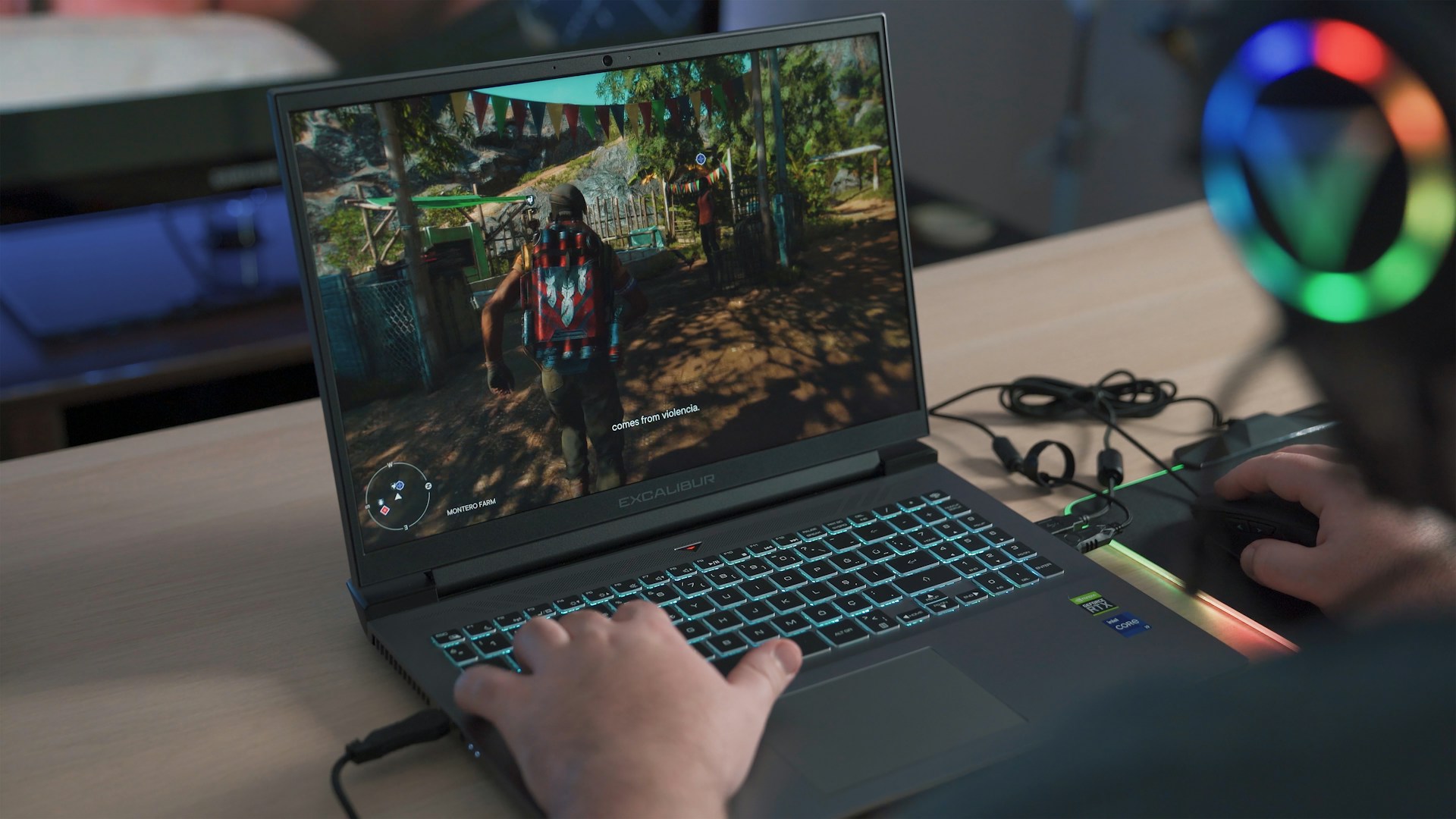Video games, although vastly popular, are almost universally seen as having a negative effect on children. For most parents, it's a tolerable activity, albeit not one that they’re thrilled about. But like with all things, video games can be both good and bad — and oftentimes, it’s simply a matter of moderation. Here are 10 negative effects of video games as well as 10 surprising benefits.
1. Excessive Screen Time
Given the fact that every video game known to man is played on a screen, it’s not hard to see why excessive screen time might be a problem. In addition to eye strain and disrupted sleep patterns, excessive screen time also leads to less real-world activity. Moderation is key to ensuring your child leads a healthy and fulfilling lifestyle.
2. Addictive Nature
With incessant reward systems and constant dopamine hits, video games are literally “gamified” to make them addictive, especially to young, unsuspecting minds. Dependence on video games as the sole source of joy and gratification must be properly moderated before it begins to affect outcomes in other activities like sports, studying, or spending time with friends and family.
3. Exposure to Violence
Although certainly not the case with all games, many popular video games are riddled with violence. Persistent exposure to violence and aggression can desensitize children to such behavior, leading to violent outcomes in real life.
4. Social Isolation
Video games (especially ones with extensive social/competitive aspects) are definitely a great way to stay in touch with friends and meet new people. However, gaming can’t be the only source of social interactions in a child’s life, as this could easily serve to hinder social development and the creation of real-life relationships.
5. Poor Academic Performance
If not properly moderated, video games can quickly become a massive time sink. Instead of spending time studying or reading, kids can easily get carried away with their video game habit and lose sight of what’s really important, resulting in poor grades and minimal academic interest.
6. Physical Health Issues
Video game habits often accompany an overly sedentary lifestyle. Long hours of sitting on the couch or at your computer chair will inevitably lead to severe health issues and obesity, highlighting the importance of moderating this activity and encouraging regular exercise.
7. Impaired Attention
Video games are designed with maximum stimulation in mind. Highly rewarding, fast-paced games are hard to come down from, making it increasingly difficult to study or focus on far less stimulating tasks.
8. Cost Implications
Video games aren’t cheap. In addition to paying hundreds for a modern-day console or capable gaming PC, games themselves will quickly rack up a fortune. And that’s not even going into micro-transactions and additional hardware peripherals. All in all, keeping up with the newest gaming trends can prove to be a rather expensive feat for many families.
9. Inappropriate Content
In addition to violence, many games on the market prominently feature a slew of other inappropriate content including profanity, sexual themes, and substance use. Plus, online interactions with other players are often loosely moderated, meaning that your kids could be exposed to all kinds of disrespectful behavior.
10. Cyberbullying
Online gaming communities are prone to all sorts of unregulated behaviours, including bullying and harassment. Cyberbullying is a major issue on the internet (especially gaming) and can lead to emotional distress, self-esteem issues, and a slew of other mental health concerns.
1. Enhances Problem-Solving Skills
Video games are, in essence, a series of solvable problems. Effectively working through challenges and obstacles is the root of all games, and this often requires attentiveness and strategy. Video games by their very nature can bolster the problem-solving skills of children.
2. Promotes Teamwork
Online multiplayer games often encourage (and require) a level of participation and cooperation between players on a given team. Games like this will effectively teach kids how to work together and support one another in order to achieve their goals.
3. Improves Hand-Eye Coordination
Many games (particularly first-person shooters) require quick reflexes and effective hand-eye coordination. Playing these games not only bolsters these skills on a controller but may also serve to improve performance in other real-world other applications like sports.
4. Boosts Creativity
Games that encourage building and creation can effectively spark creativity in kids. Many games provide kids with a sandbox to build, design, and explore their ideas in an immersive and fulfilling creative outlet.
5. Teaches Goal Setting
Many games require hard work and dedication to fulfill certain tasks and goals. This system of challenges and rewards teaches children about how to set goals and follow through on them effectively. Games can imbue children with the satisfaction of accomplishing something that is important to them.
6. Cultural Exposure
The video game industry has broadened significantly in the decades since its inception. This has resulted in a litany of games that explore a variety of deep narratives and cultural backgrounds/histories. These games provide kids with an alternative viewpoint from the one they’ve grown up in, leading to a broadened worldview.
7. Encourages Reading
Who knew games could improve a child’s literacy skills? Well, they can! Many games are riddled with lore, text, and dialogue that actively encourages children to read and pay attention to details in a fun and immersive way.
8. Improves Multitasking Abilities
Many games these days are far more intricate and complex than people might give them credit for. Games are packed with a variety of overarching tasks and objectives that a player must complete to progress. Games like this will serve to develop a child’s multitasking skills, which can then be adopted in real life.
9. Stress Relief
Video games, like any recreation, can serve as a fantastic escape and method to unwind. Although it shouldn’t be a child’s sole recreation, moderate gaming is a great way for kids to relax while also applying a litany of skills in a fun, creative outlet.
10. Encourages Learning Through Failure
Failure is a necessary part of life. If there’s one surefire way to get through life, it’s trial and error. Video games are a perfect microcosm of what it takes to succeed in a variety of real-life endeavours by fostering a growth mindset focusing on persistence and learning through failure.



























